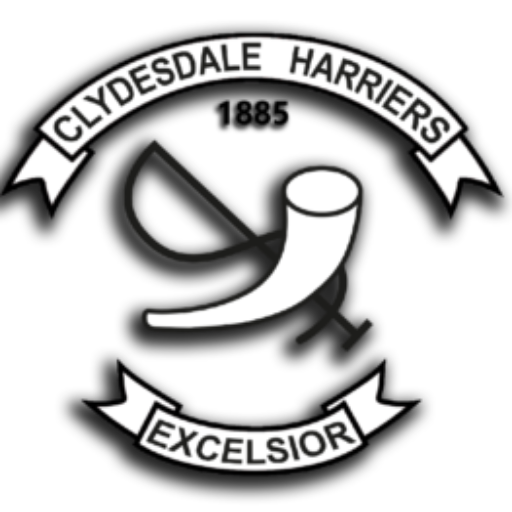There are many runners and joggers nowadays who are not members of any club. Some make a name to go with a group of competitors in a long race – eg there was a team in a race that I saw recently called “Easier Said Than Run.” Most however just run with their home town in the space marked ‘club’. But there are almost uncountable reasons for joining a harrier or athletics club. I quote from an article written by a Clydesdale Harrier over 100 years ago
“The Primary Aim of a Harrier Club is not to train runners for competition in the Athletics Arena but to encourage healthy strenuous Open Air Exercise.”
(A Ross Scott)
Ross Scott was a harrier but much better known as an administrator, in which role he was Treasurer and Secretary of the SAAA and SCCU as well as President. He was a well known and very good timekeeper and was one of the officials at the London Olympics in 1908 when Wyndham Halswell’s race was stopped and re-run. It was really not until the 1960’s when Arthur Lydiard in New Zealand and then Bill Bowerman in America started to emphasis the benefits of jogging as opposed to competitive running that the world started to take notice.
Endurance running has always been part of competitive athletics, it has long been recognised as an important part of the training for other sports and has had a real fascination for spectators. In Victorian days there were six day races and crowds flocked to see the competitors whose stimulants included the use of strychnine! Roads are lined with spectators for all the big marathons in London, Paris, Berlin, New York, Chicago, Fukuoka and so on all around the world.
Jogging and gentle running are now known to improve general fitness, to make us stronger, to strengthen he heart muscle, lower blood pressure, relieve stress, and it has many other benefits. Ross Scott was saying this was the main aim of the sport rather than train to race. I’ll follow with another quote from a Harrier of more recent times, John Hume, who said
“It was a positive, permanent and life changing step we took when we joined the Harriers.”
More about both of these men and the Harriers next time.
